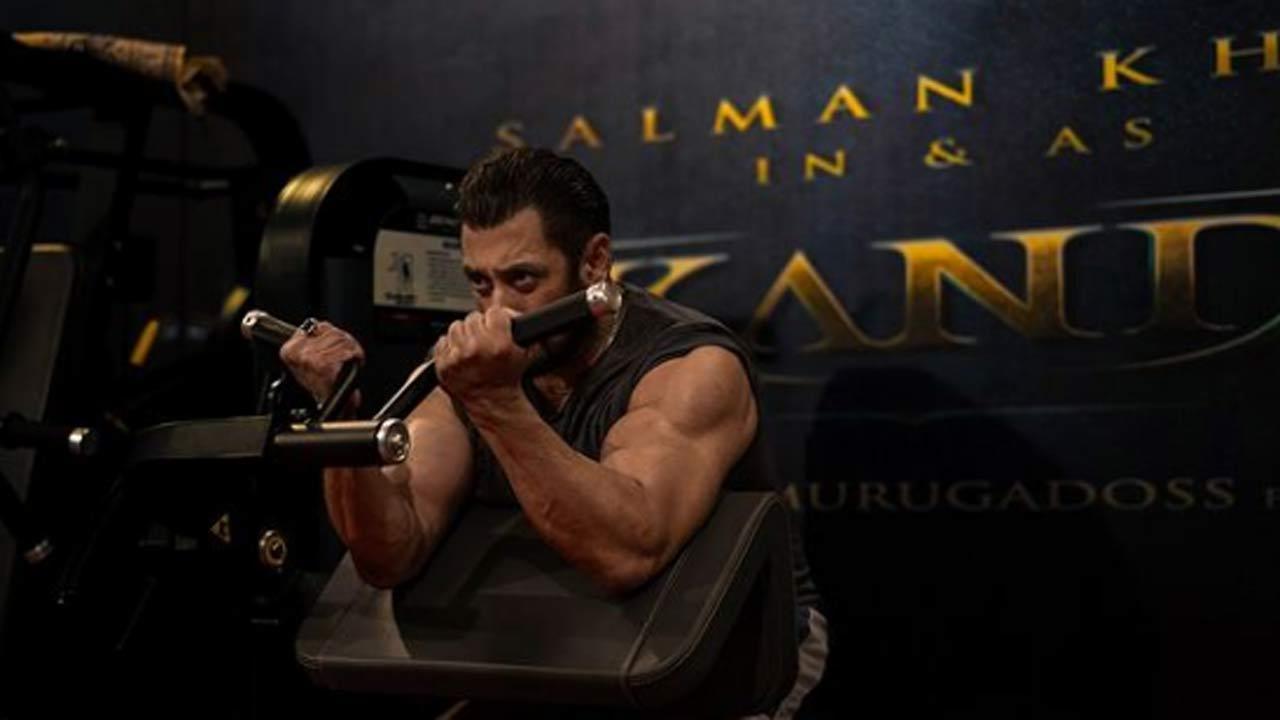I WAS taken aback when I read the short report in the Herald (“Support grows for rewilding in Britain”, September 16) stating that the result of a YouGov poll showed 83% of those who responded where in favour of rewilding. Possibly, as the poll was commissioned by Rewilding Britain, it was sent to those who supported the charity, so it was inevitable that the majority would be in favour. I suspect that many people who live in towns, would support it also as it sounds nice in theory but I wonder if the majority of country dwellers, particularly those who try to make a living from the land, would be happy to rewild 30% of the land and sea.
It is stated that farming could continue in a limited way and that ecotourism would benefit the area. However, so often, rewilding appears to consist of planting trees then letting them grow higgledy-piggledy with the area turning into little more than a jungle. Food could, supposedly, still be produced in a more limited way but with an increasing population which needs to eat, I would have thought that as a country we have to try to be more self-sufficient in food production rather than cutting back – which, in turn, only leads to us be more reliant on imported food and an increase in food miles.

Returning lost creatures to the countryside also leads to problems. When many animals, now extinct, lived wild in Scotland , the population was very much smaller than today and they had the freedom to roam without causing harm. These days there would be a permanent conflict between humans and animals as there is not enough space for all to live in harmony.
Or do the rewilders want us to all move to the towns and leave the countryside as a playground? Ruth Ritchie, Taynuilt, Argyll. Read more letters: New report presents impact of climate change on Scottish Highlands Scottish rewilding jobs see boom since 2008 Rewilding campaign backed by Leonardo DiCaprio raises £200,000 Driving a decline in standards I AGREE with a couple of key points in Richard Brown’s letter (‘Referendum has deepened divisions in Scottish society”, September 17). The independence referendum did at the time cause division across our nation, but I’m not convinced this is still the case ten years on.
From what I see on the TV news, societal issues in Scotland would appear to be similar to those down south. Like Mr Brown, I do see cars regularly driving through red traffic lights and others taking no recognition of mini-roundabouts. And the least said about cyclists on city centre cycle pathways.
the better. I do not, however, see any direct correlation between the referendum result and the attitude of our drivers. I recall when I lived in Bristol in the early 1980s, we used to joke about drivers having their indicators turned off when driving in big cities, such were the poor standards of driving then.
I would argue that as roads have become busier in the past 40 years, the standard of driving has just continually deteriorated – we didn’t vote for it! Brian Watt, Edinburgh. Multi-tasking motorists IN his letter Richard Brown draws attention to examples of motorists driving irresponsibly and flagrantly ignoring basic rules of the road. His comments may be a bit one-sided as he fails to mention various multi-tasking skills possessed by many motorists as they drive their vehicles: the ability to drive and text, drink coffee, throw litter from the windows of their cars, wave fists at innocent pedestrians, all at the same time.
All this while nodding their heads to the music coming from the earphones stuck on their heads. I mention “vehicles” but this term may be problematic. Walking through a car park recently there were a number of objects that looked more like the panzers deployed by Erwin Rommel in the North Africa campaign in the Second World War than anything that should be allowed on our roads.
Brian Harvey, Hamilton. Sticking it to the TV pirates THE ever-increasing charges levied on customers by TV service providers occasions my comment. There’s no information as to why these demands are necessary.
A partial explanation may be the illegal adaption to TV sets whereby access to multi-channel sports programmes is made. I understand that a small gadget (termed a ‘stick’) is attached to the set whereby “comprehensive” coverage becomes available. Who manufactures, provides or installs the stick, I know not.
However, at reputedly £50 a stick, there appears to be a piratical force at work. Who loses out? Initially the service providers, then the customer by way of increased charges. Time for a cull on the stick brigade and a return to normal service.
Allan C Steele, Giffnock. Has Tupperware sealed its fate? I SEE that the Tupperware Corporation has filed for bankruptcy. Couldn’t they just put a lid on it? Peter Wright, West Kilbride.
Burns’s global stature IT was disappointing to read that a cast-iron statue of Robert Burns, built in a Glasgow foundry around 1900 and designed by the sculptor David Watson Stevenson, was discovered in a compost heap in Durban in the 1950s (“Burns statue found in compost heap moves to new Stirling home”, September 17). It was, of course, welcome news that, thanks to Paul and Alexandra Morris of Alloway, the statue has been recovered, restored and gifted to Historic Environment Scotland, and that it is to go on display at the Engine Shed, Stirling, on the Open Doors weekend. This will be a welcome addition to all the many memorials to Robert Burns which exist in Scotland.
It would come as no surprise to learn that Scotland has many such memorials, from Aberdeen to Dumfries, from Edinburgh to Glasgow and Paisley to Stirling . However, Burns’s international reputation has been long established and assured, something confirmed by the large number of memorials which have been erected elsewhere in the world , in such as other parts of the UK, and Australia, Canada, New Zealand and the United States of America . Ian W Thomson, Lenzie.
.




















